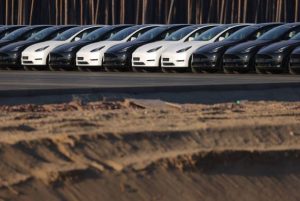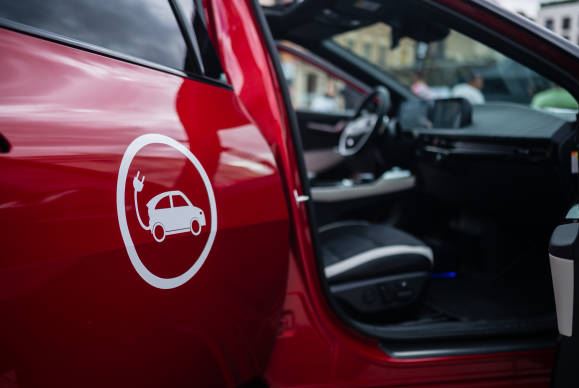China Steps Up to Aid NEV Sector Amid International Trade Constraints
China’s Ministry of Commerce announced on Wednesday its plans to bolster the new energy vehicle (NEV) industry in response to foreign trade restrictions, particularly in light of an ongoing European investigation into Chinese subsidies within the sector.
In a bid to navigate trade challenges, the ministry released guidelines aimed at fostering greater collaboration between domestic NEV manufacturers and overseas firms.
Expanding Global Presence and Supply Chain Collaboration
Among the outlined strategies, the guidelines encourage automakers to establish research and development (R&D) centers and after-sales service facilities abroad.
Moreover, collaboration with foreign partners to enhance supply chain capabilities and closer cooperation with shipping companies for optimized transportation logistics are emphasized.
To support these endeavors, Chinese banks are urged to expand their services both domestically and internationally, catering to the needs of automakers and their supply chains. The guidelines also advocate for the facilitation of cross-border Renminbi (RMB) settlements, aiming to streamline financial transactions for NEV exports.
In addition to these initiatives, the ministry pledges to streamline export procedures for NEVs and batteries, aiming to enhance efficiency and reduce bureaucratic hurdles for industry players.
China’s Global Electric Vehicle Export Strategy

China’s ascendancy as a major auto exporter has not been without contention. The country is speculated to have surpassed Japan as the world’s largest auto exporter in 2023, a development that has sparked tensions abroad.
In September, the European Commission initiated an investigation into Chinese-made electric vehicles amid concerns over potential subsidies, a move that Beijing criticized as “protectionist.”
Similarly, reports emerged suggesting that the United States is deliberating tariff hikes on certain Chinese goods, including EVs, signaling further trade friction between the two economic powerhouses.
Against this backdrop, China’s proactive measures to bolster its NEV industry reflect its commitment to navigating global trade challenges while maintaining momentum in the burgeoning electric vehicle market.
As international scrutiny intensifies, collaboration, innovation, and strategic partnerships are poised to play pivotal roles in shaping the future trajectory of China’s NEV sector amidst evolving trade dynamics.

